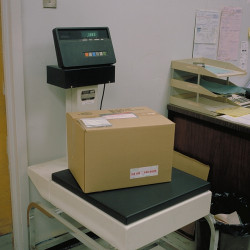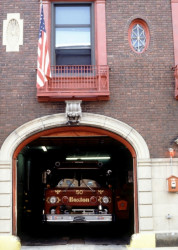Vocabulary
Here are the words from the story and some more on the same topics.
The vocabulary lists always show:
- the word, singular and plural
- the pronunciation
- the part of speech
- the definition
- an example
Sometimes you also find synonyms or antonyms:
- A synonym is a word that has the same meaning.
- An antonym is a word that has the opposite meaning.
At the end of each list, you can practise the words with our vocabulary trainer. First, choose the information that you want to be displayed. Then choose if you want to enter the word or the translation. Press "start" and write the solution into the box. Finally, press "enter" to get feedback.
Wortschatz
Hier findest du die Wörter aus der Story und noch einige mehr zu den selben Themen.
Die Vokabellisten zeigen immer:
- das Wort, Einzahl und Mehrzahl
- die Aussprache
- die Wortart
- die Definition
- ein Beispiel
Manchmal findest du auch Synonyme oder Antonyme:
- Ein Synonym ist ein Wort mit der gleichen Bedeutung.
- Ein Antonym ist ein Wort mit der gegensätzlichen Bedeutung.
Am Ende jeder Liste kannst du die Wörter mit unserem Vokabeltrainer üben. Wähle zunächst, welche Information du angezeigt bekommen möchtest. Dann entscheide, ob du das Wort oder die Übersetzung eingeben willst. Klicke "start" und schreibe die Lösung in das Eingabefeld. Dann drücke "Enter", um Feedback zu bekommen.
In this unit you learn words from the following categories:
In dieser Unit lernst du Wörter aus den folgenden Kategorien:
Wörterliste: Basic vocabulary
Anzeige / Eingabe anpassen
Tastatur-Shortcuts: Enter: Auswerten / Zur nächsten Abfrage | Alt+1: Tipp | Alt+2: Lösung
Wörterliste: Colours
Bild anzeigen
 imgserver-1-colourorange
imgserver-1-colourorange
Anzeige / Eingabe anpassen
Tastatur-Shortcuts: Enter: Auswerten / Zur nächsten Abfrage | Alt+1: Tipp | Alt+2: Lösung
Wörterliste: Places in a town
Bild anzeigen
 imgserver-12-86500896
imgserver-12-86500896Bild anzeigen
 imgserver-12-5231971
imgserver-12-5231971Bild anzeigen
 imgserver-12-2577652
imgserver-12-2577652-
Übersetzung anzeigen
Übersetzung:- Bahnhof
-
Details anzeigen
-
Synonym(e):railroad station
-
Bild anzeigen
 imgserver-12-4703418
imgserver-12-4703418Bild anzeigen
 imgserver-12-87529719
imgserver-12-87529719Bild anzeigen
 imgserver-12-4676742
imgserver-12-4676742Bild anzeigen
 imgserver-12-87626871
imgserver-12-87626871
Anzeige / Eingabe anpassen
Tastatur-Shortcuts: Enter: Auswerten / Zur nächsten Abfrage | Alt+1: Tipp | Alt+2: Lösung
Anzeige / Eingabe anpassen
Tastatur-Shortcuts: Enter: Auswerten / Zur nächsten Abfrage | Alt+1: Tipp | Alt+2: Lösung













